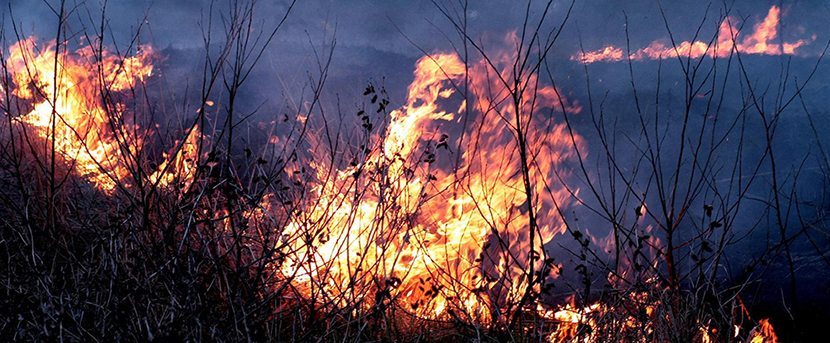
Investors Increasingly Screen for Market-Level Climate Risk

Real estate investors have expanded their climate risk analysis to explore market-level impacts, said the Urban Land Institute, Washington, D.C.

Investors noted a “heightened appreciation” for market-level climate risk and expect assessments of that risk to increasingly influence investment decision making and outcomes, ULI said in a new report, Climate Risk and Real Estate: Emerging Practices in Market Assessment.
“The most climate-aware investors are increasingly taking a hard line on local climate risk,” said ULI CEO Ed Walter. “They are looking beyond the individual asset and assessing a city’s preparedness for climate change, but the models and metrics they need are still in their infancy. Benchmarking cities for climate risk and resilience is a challenge and I anticipate significant progress from the industry on obtaining this much-needed data.”
ULI said investors now commonly view local climate risks such as wildfires, increasingly intense storms and sea-level rise as core factors in their investment decision making. Exact weighting of climate risk varies by investor, but climate risk is having greater impact on investment outcomes overall, the report said.
Maury Tognarelli, CEO with real estate investment management firm Heitman LLC, Chicago, called market-level risk assessment a “critical component” of the investment and portfolio management decision making process. “Due diligence screens must incorporate the accelerating risks posed by climate change, fiscal policy constraints and critical infrastructure investment, repair and replacement,” he said. “The data management and business intelligence tools required to assist investors in making decisions about these factors continue to evolve.”
The report said investors cited an “acute need” for better data and frameworks to make market-level impacts transparent and allow benchmarking between different markets.
ULI found broad agreement among investors that consistent and reliable information about local market risk is needed. “Real estate investors [are] increasingly keen to understand the physical risks facing a city, the adequacy of existing infrastructure in the face of climate change, the planning and financing of new resilience infrastructure and capacity of city governance to manage risk,” the report said.
